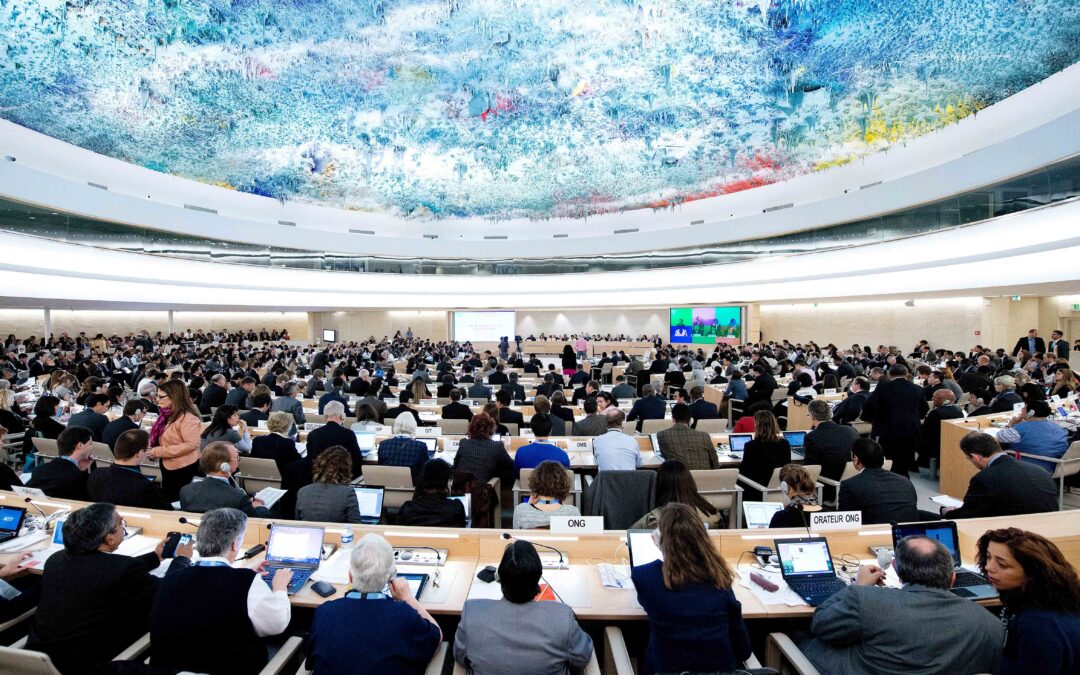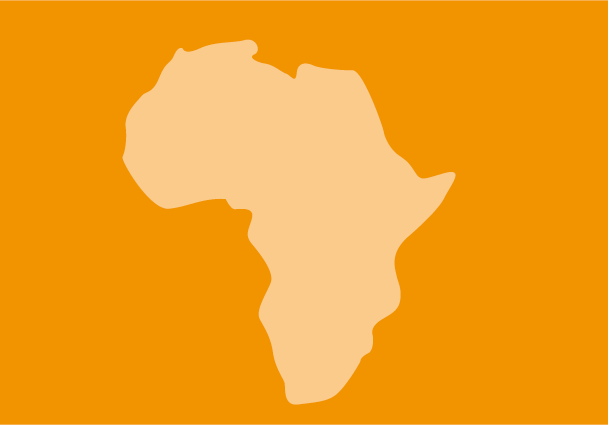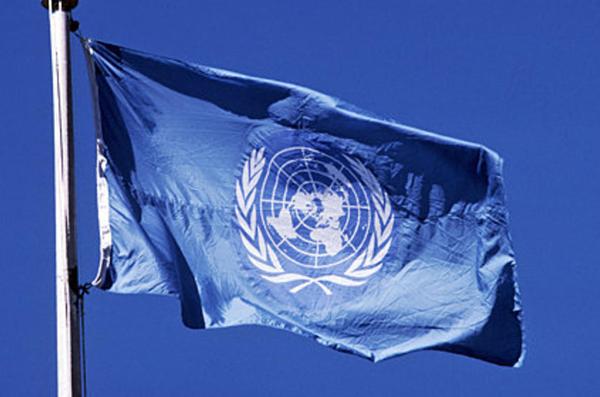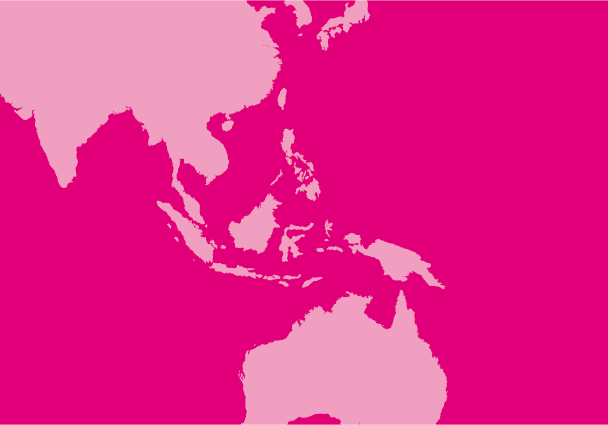
Malaysia: Government must drop proposed amendments to Legal Profession Act 1976
Prime Minister Najib Razak should withdraw proposed amendments to Malaysia’s Legal Profession Act 1976 because they will undermine the independence of the Malaysian Bar and its governing body, the Bar Council, said ICJ today in a letter together with other human rights organizations.
The amendments, which will be introduced when Parliament opens in October, seek to allow the Minister in charge of legal affairs to appoint two members of the Bar Council.
Furthermore, they aim to restrict the eligibility for leadership positions to those elected by the Bar Council by the various State Bars, thereby severely limiting those who can stand for office.
Should these amendments take effect, the current president and vice-president and the leaders of the State Bar committees will be precluded from any leadership role in the Bar Council.
“These amendments appear to be another attempt to muzzle an independent institution that has consistently been vocal in its defense of the rule of law and human rights in the country,” said Sam Zarifi, ICJ’s Regional Director for Asia and the Pacific.
“The Malaysian Bar and its governing body, the Bar Council, are more important than ever to help protect the rights of people and the rule of law, especially during this critical time in Malaysia when these are imperiled,” he added.
The UN Basic Principles on the Role of Lawyers (UN Basic Principles) guarantees the right to freedom of association of lawyers.
It specifically provides that “lawyers shall be entitled to form and join self-governing professional associations to represent their interests.” Furthermore, the UN Basic Principles provide that the governing bodies of professional associations of lawyers “shall be elected by its members and shall exercise its functions without external interference.”
“These amendments follow other efforts by the government to undermine the Malaysian Bar’s independence and prevent its members from engaging critically in upholding the standards of professional integrity and independence,” Zarifi said. “This move seems part of the Malaysian government’s efforts to stifle civil society and silence critical voices.”
The ICJ urges the government of Malaysia to respect the independence of the Malaysian Bar and its governing body, the Bar Council, and not pass these proposed amendments to the Legal Profession Act 1976.
The letter to Prime Minister Najib Razak was signed by ICJ, Human Rights Watch, Amnesty International, International Federation for Human Rights, Civil Rights Defenders, the Asia Democracy Network, Fortify Rights, Lawyers’ Rights Watch Canada, and the ASEAN Parliamentarians for Human Rights.
Background
Early this year, Malaysian authorities commenced sedition investigations against members of the Malaysian Bar after a motion was passed by a majority vote during the institution’s 70th Annual General Assembly calling for the resignation of Attorney General Tan Sri Mohamed Apandi Ali.
The Malaysian Bar demanded the resignation of the Attorney General after he summarily ended the investigation of alleged corruption by the Prime Minister. A month after, a proposal was made by parliamentarian Datuk Datu Nasrun Datu Mansur to make the Attorney General automatically the chairman of the Bar Council.
The ICJ has denounced these efforts, pointing out that these are inconsistent with the essential guarantees for the functioning of an independent legal profession under the UN Basic Principles on the Role of Lawyers.
Contact
Emerlynne Gil, ICJ’s Senior International Legal Adviser for Southeast Asia, t: +66840923575 ; e: emerlynne.gil(a)icj.org
malaysia-ngo-letter-on-lpa-amend-advocacy-open-letters-2016-eng (full text of letter, in PDF)








